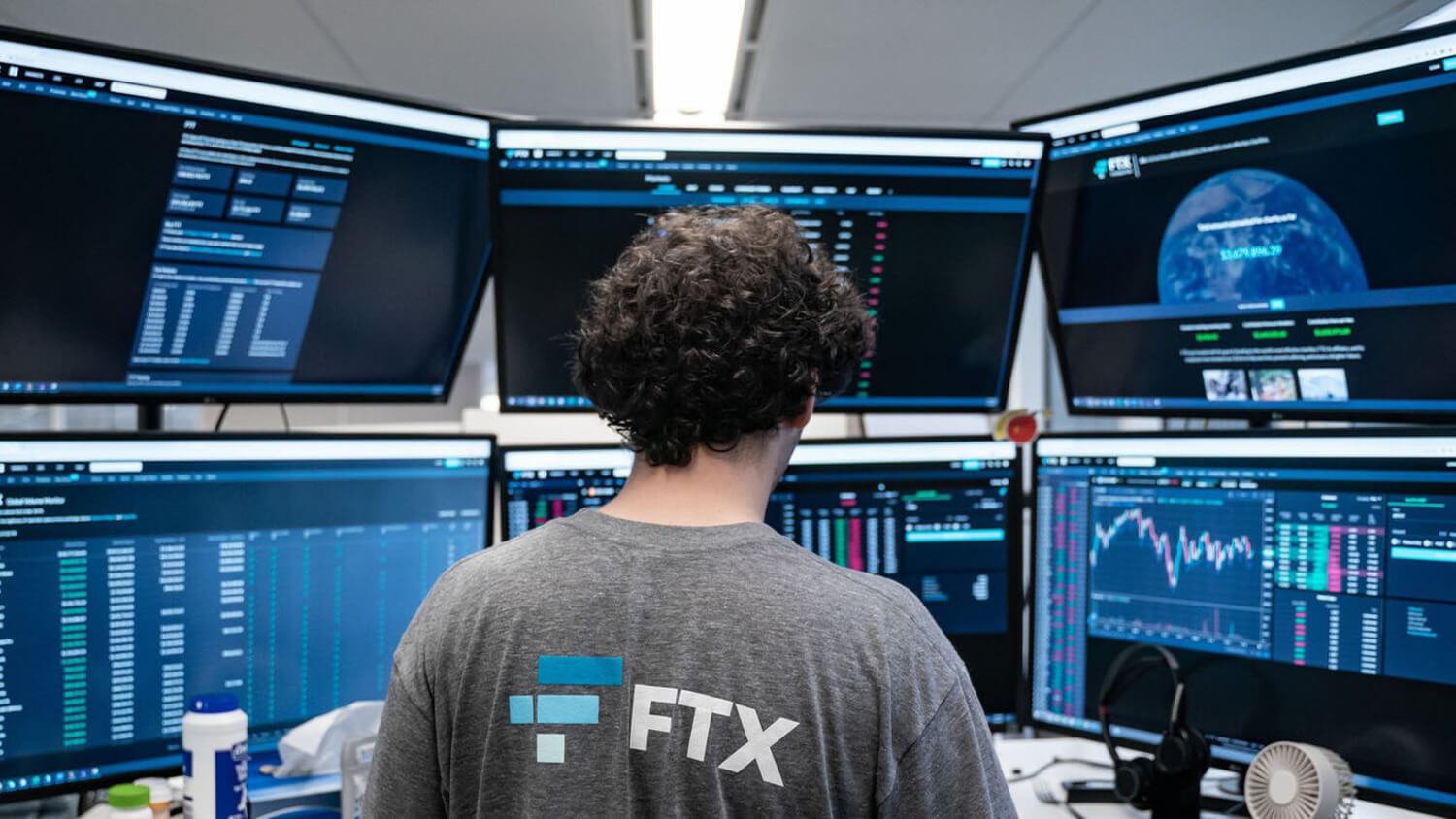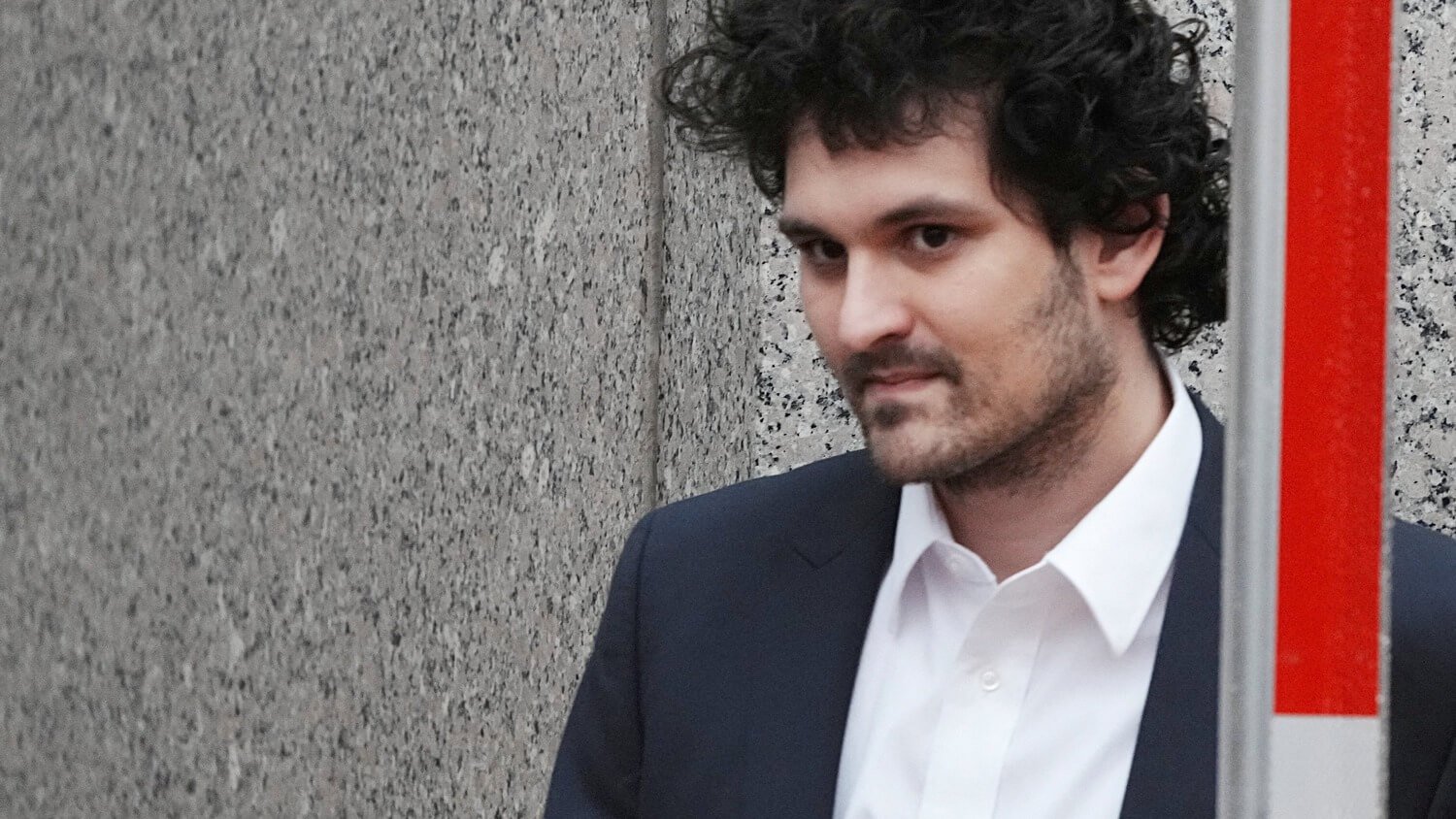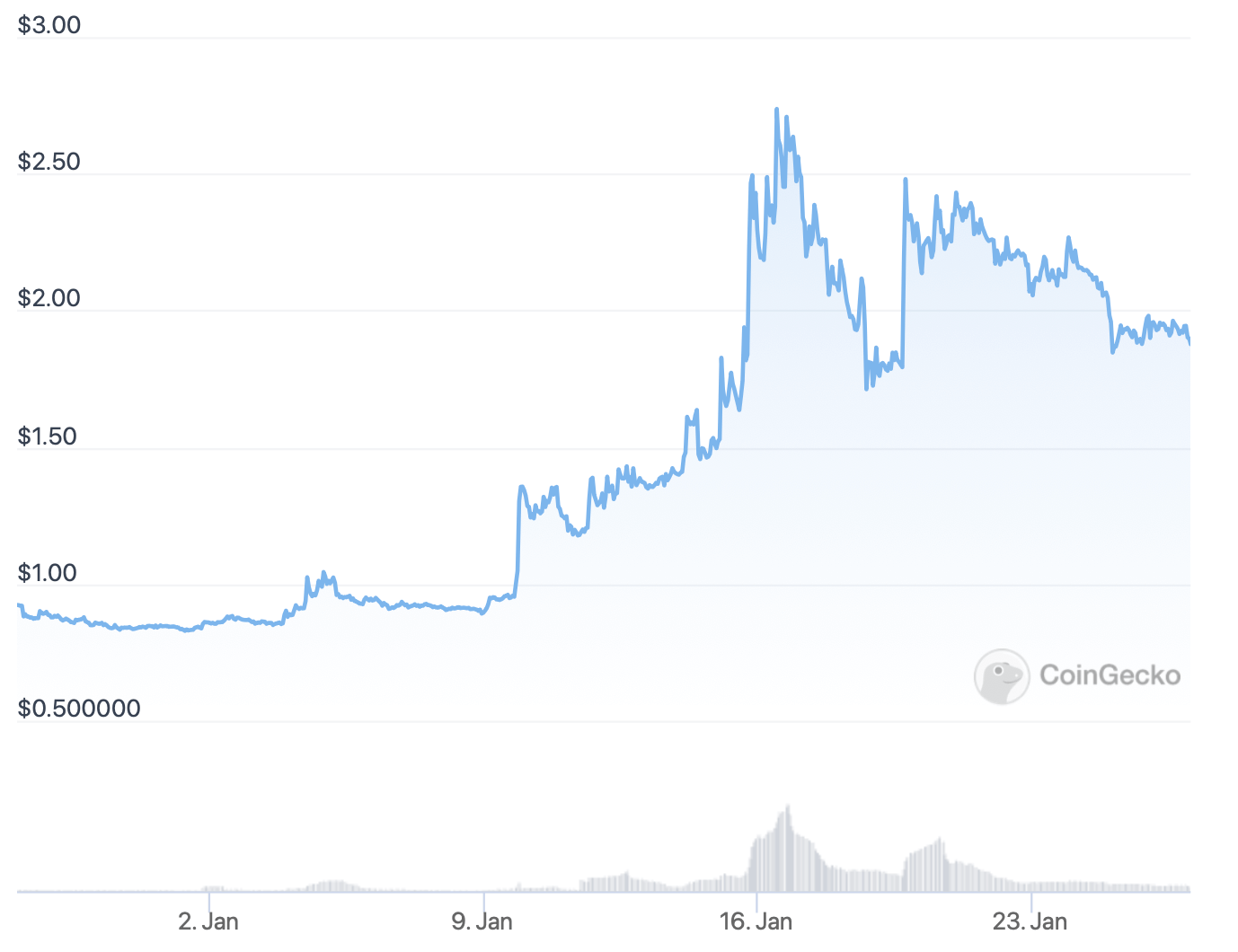A list of creditors of cryptocurrency exchange FTX has been published. It includes internationally renowned companies
As the FTX bankruptcy case progresses, a long list of creditors to the exchange, whose collapse last November caused the crypto market to plummet, is also beginning to emerge. Even government agencies and popular American media outlets are among those FTX owes money to, not to mention tech makers and other giants. We tell you more about what is happening.

The day before, it was reported that the parental home of former FTX executive Sam Bankman-Friede, where he is under house arrest, was attacked by unknown assailants by ramming a fence on a car. The perpetrators fled, but their motive may be quite understandable - most likely they were defrauded exchange customers whose funds remained blocked on the platform after its bankruptcy.
How quickly will the company’s liquidators find funds to compensate creditors? The exact answer is unknown, but there are developments in the case too. It was revealed yesterday that FTX and Alameda’s investment in venture capital firm Modulo Capital was likely to have been made using money from users of the exchange, which is what The New York Times published, citing the US Attorney’s Office.

Former FTX CEO Sam Bankman-Fried
Of course, such a practice is illegal – at the very least, the platform’s users were not aware of Sam’s financial transactions and did not consent to the appropriate use of their money. Consequently, legal officials are now looking into seizing the amount invested.
We’re talking about $400 million, making Modulo Capital one of the most significant investments from FTX and Alameda.
Who does the FTX cryptocurrency exchange owe
Lawyers for FTX filed a list of creditors with the US Bankruptcy Court for the District of Delaware this week. The 115-page document lists all the names of the company’s creditors in alphabetical order, with the full document available at this link.
The list is rich with organisations from a wide variety of industries. You can find airlines, hotels, charities, venture capital firms, media platforms and so on. According to Cointelegraph’s sources, not every company is in US jurisdiction.

“Business shark” Kevin O’Leary (right) with FTX founder Sam Bankman-Fried
Prominent players in the crypto industry among FTX’s lenders include Coinbase, Galaxy Digital, Yuga Labs, Circle, Bittrex, Sky Mavis, Chainalysis, Messari and subsidiaries of Binance. There are also technology giants – Apple, Netflix, Amazon, Meta, Google, LinkedIn, Microsoft and Twitter. In addition, media outlets The New York Times, The Wall Street Journal and CoinDesk can be found on the list.
The list also includes the US Internal Revenue Service (IRS), as well as government agencies in Japan, Australia and Hong Kong. FTX owes money not only to large organisations but also to smaller businesses: a Nassau-based pest control company and a garden centre are on the list. The documents filed do not specify the amount owed for each organisation, while the listing itself does not mean that the companies had an account to trade on FTX.
😈 MORE INTERESTING STUFF CAN BE FOUND ON OUR YANDEX.ZEN!
With all the debts of the bankrupt exchange in mind, there are quite a few problems, so an investigation into the collapse of FTX by an independent expert might have been a good solution. However, the company’s lawyers do not agree – the day before they stated that such a procedure would cost up to $100 million, and allegedly without any benefit to creditors.
These arguments were part of a January 25 objection to the United States trustee’s December motion, which urged a judge to appoint an independent expert to ensure the transparency of any FTX investigation and to make the results public. Here is the relevant rejoinder to the case.
The appointment of an expert with a mandate yet to be determined can be expected to cost tens of millions of dollars.
Well, the extra costs will mean a protracted repayment of the creditors' funds. Apparently, this is what the FTX side is hinting at.

Meanwhile, the price of the FTX token has risen several times in recent weeks
The FTX creditors’ committee filed its objection to the appointment of an independent expert on 25 January, citing exorbitant costs and investigations already underway by various parties. In the initial motion, the US Trustee noted that the court could have given the expert access to the work already done, streamlining the investigation process. Here is the quote.
The expert could also allow these cases to be resolved more quickly and cost-effectively by allowing the new FTX chief executive, Mr John Ray, to focus on his core responsibility of stabilising the debtors’ businesses while the expert conducts the investigation.
The liquidation team in the Bahamas and FTX US also opposed the aforementioned initiative, citing a section of the bankruptcy code that allows a judge to appoint an expert “as necessary”. The unnecessary costs and delays that would accompany the appointment of an expert make it “inappropriate”, representatives said.
We believe the published figures confirm the popularity of the cryptocurrency and blockchain industry. After all, as can be deduced from the list of lenders, even if a certain company is not integrating decentralised solutions and digital assets into its business, that does not mean that its management does not see the prospect of other companies doing the same. So maybe other big companies should start being less critical of the blockchain world. And they are doing so now.















